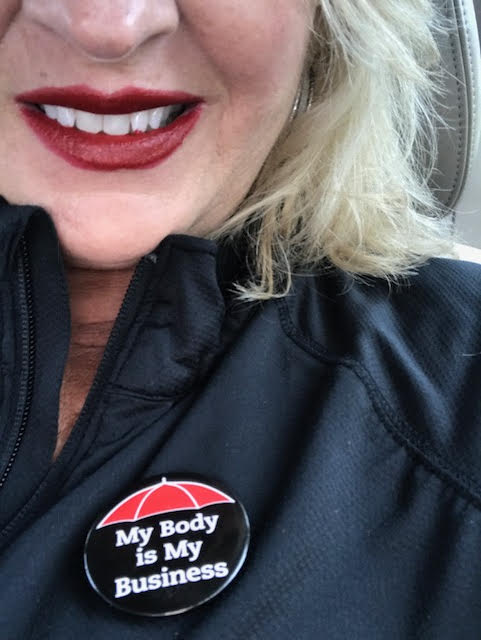Alex Andrews is the 53-year old lead organizer of both SWOP-Orlando and SWOP Behind Bars and the new North American representative to the Global Network of Sex Work Projects (NSWP). For almost a decade and a half in her younger years, she did various forms of sex work—beginning with stripping to supplement her hair dressing… Continue reading Activist Spotlight: Alex Andrews on SWOP Behind Bars And Service Work
All The Lives I Want (2017)
Alana Massey’s new collection, All the Lives I Want: Essays About My Best Friends Who Happen to be Famous Strangers, is a fucking love song to sex workers. Yet, Massey’s own erotic labor—both licit and ambiguous—is not the focus of the work. Massey interrogates “our collective ownership” of considerable female figures like Britney Spears, Scarlett… Continue reading All The Lives I Want (2017)
The Joke Has To Be Funny: An Interview With Vee Chattie On Their New Podcast, The Comedy Whore
One of the best people I have met through sex worker groups is undoubtedly Vee Chattie. We met in person a couple of years ago in the back seat of a car on the way to a hearing at the Capitol. Vee develops hard-hitting performance art and organizes activist events, but the bulk of their… Continue reading The Joke Has To Be Funny: An Interview With Vee Chattie On Their New Podcast, The Comedy Whore
How Everyone Has It Wrong On Blac Chyna
Recently, Blac Chyna has been relegated to being nothing more than a sex worker by opponents and supporters alike, people who reference her “finesse” and gloss over the abuse she’s suffered, reinforcing a dangerous narrative. Her humanity and her role as a mother are edited out of the persona people are now creating for her,… Continue reading How Everyone Has It Wrong On Blac Chyna
Why Rarri True and Blac Chyna Matter
This has been quite the week in Hollywood, specifically within the Kardashian world. We’ve witnessed a particularly messy breakup and have been given insight into the company Blac Chyna keeps. The morning of the breakup last Wednesday was incredibly entertaining, problematic, and dramatic—like most things pertaining to the Kardashian clan. By now I presume you’re… Continue reading Why Rarri True and Blac Chyna Matter




